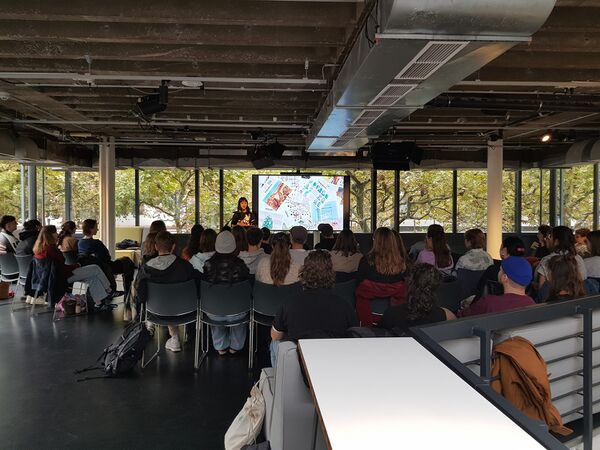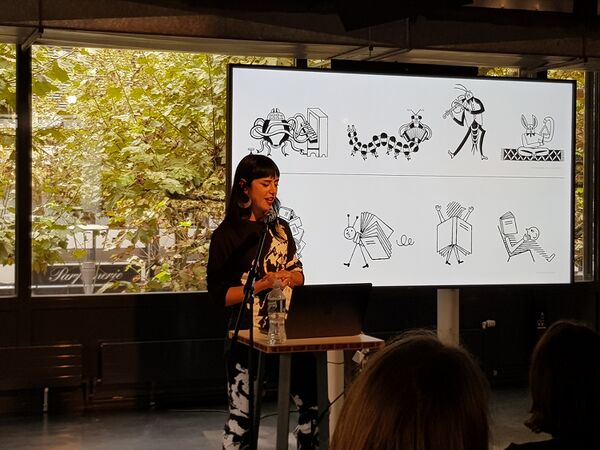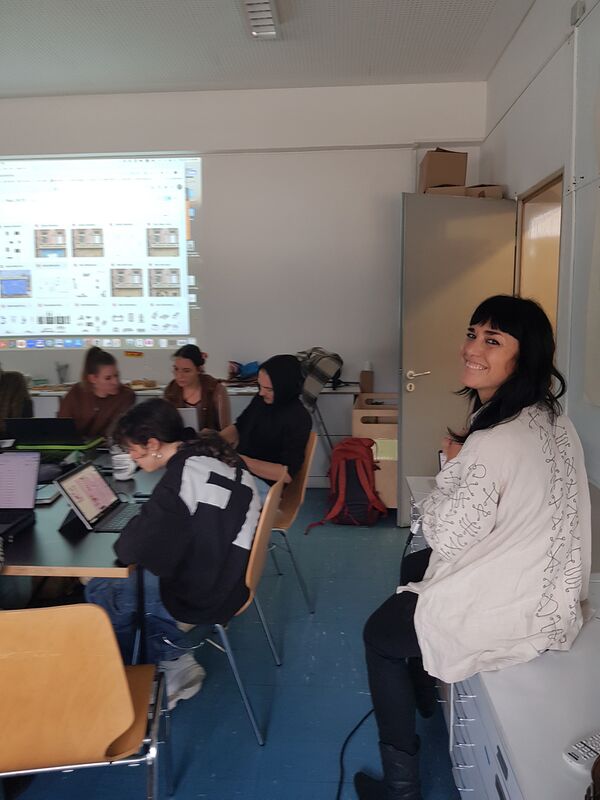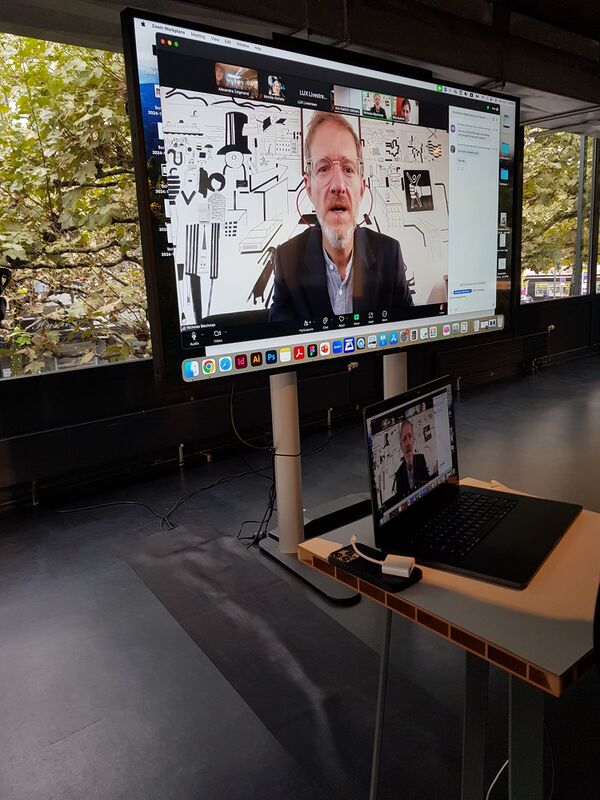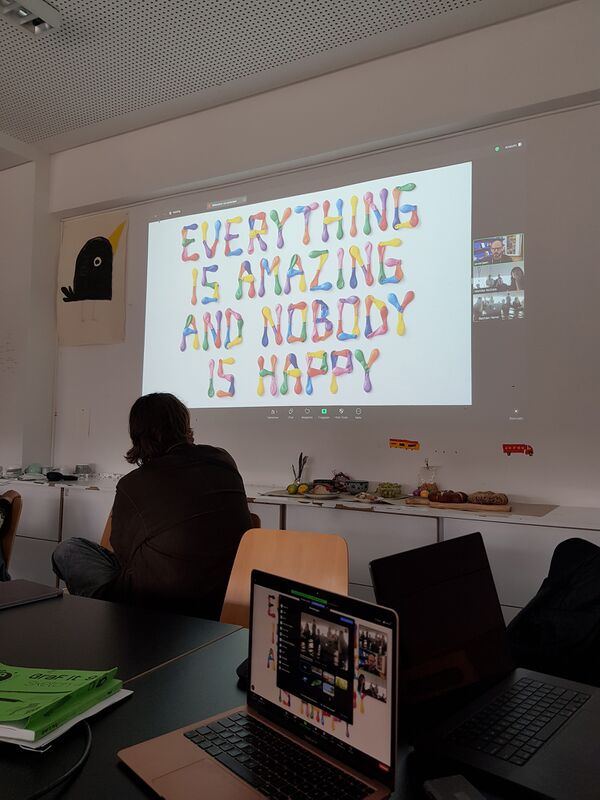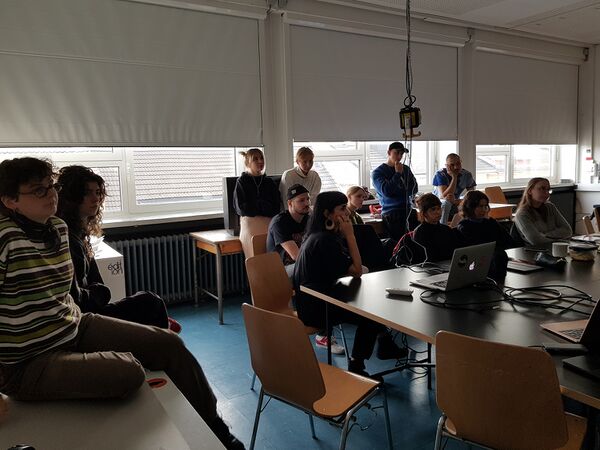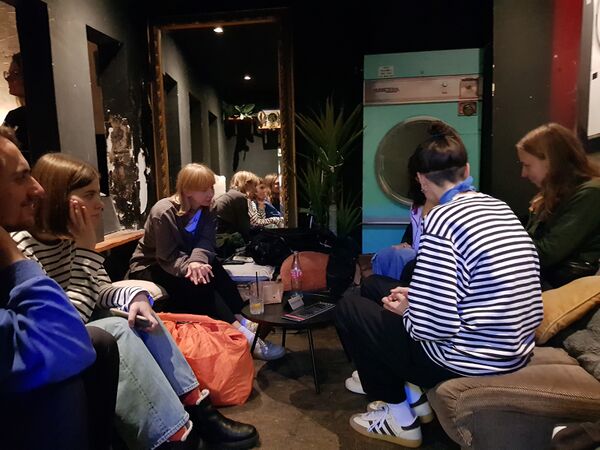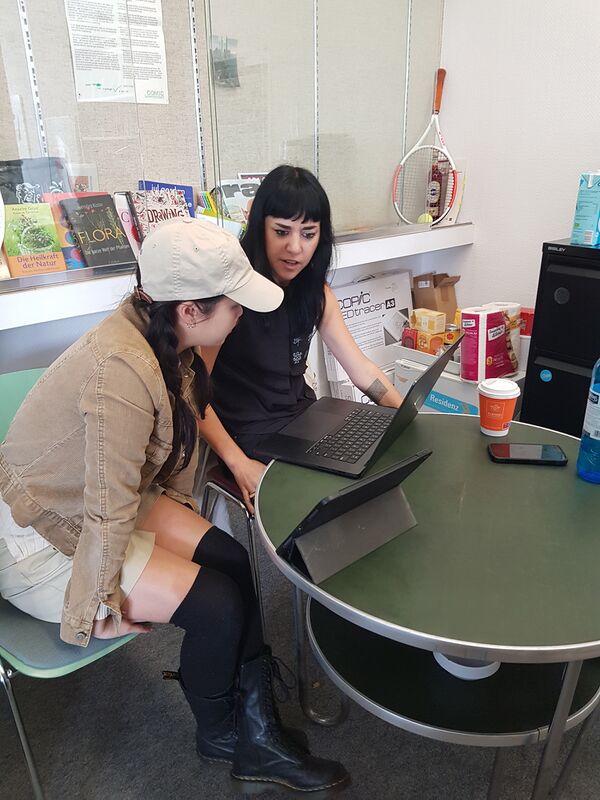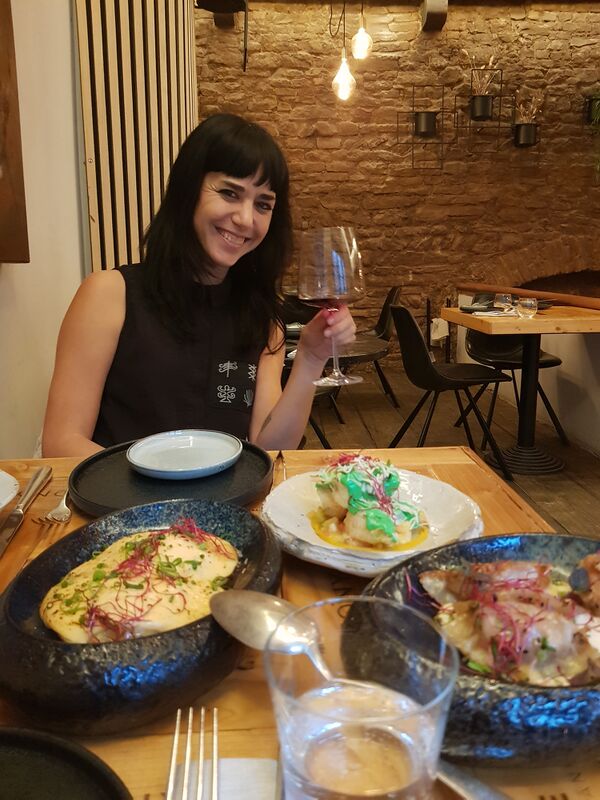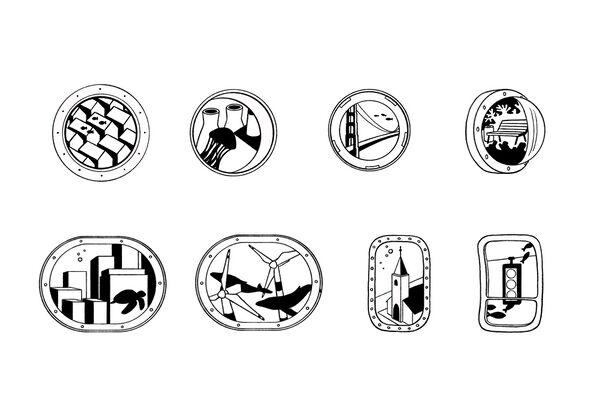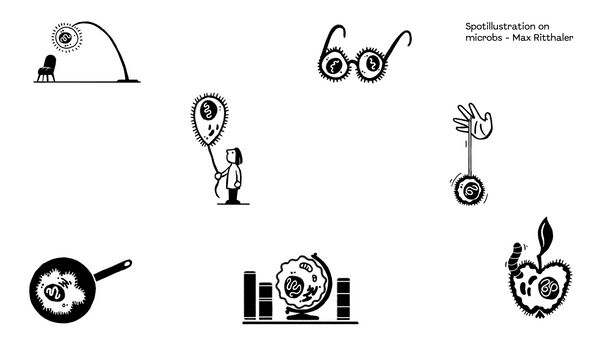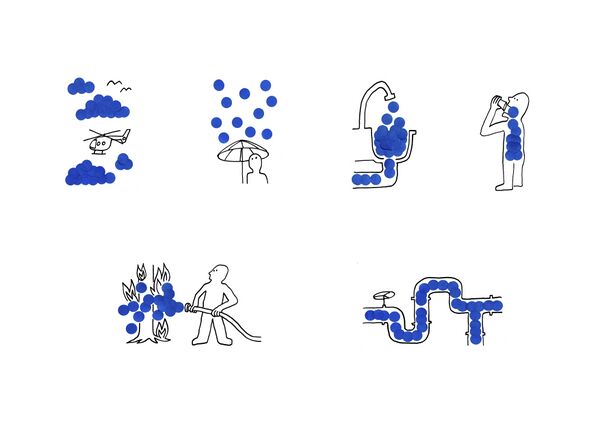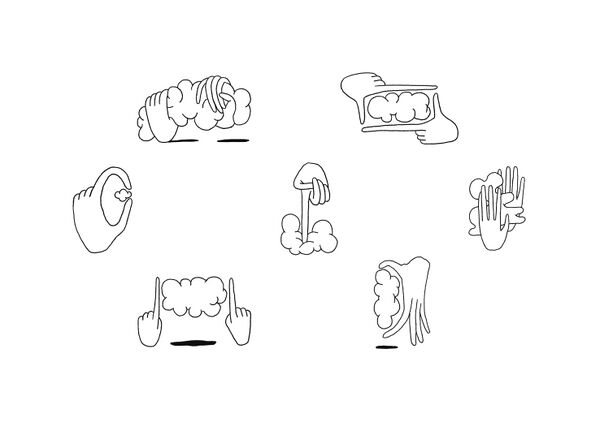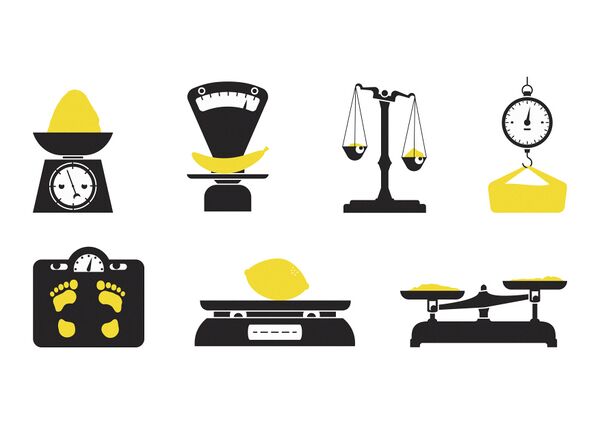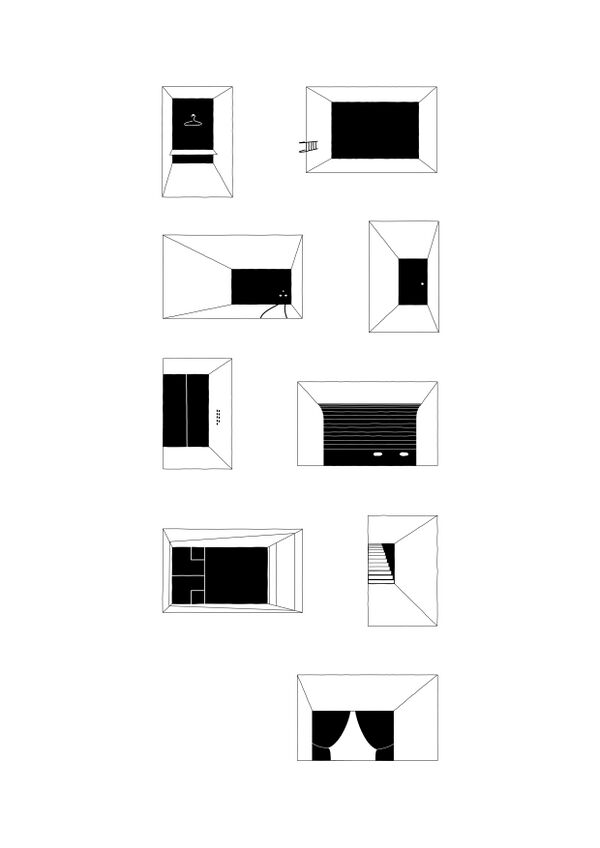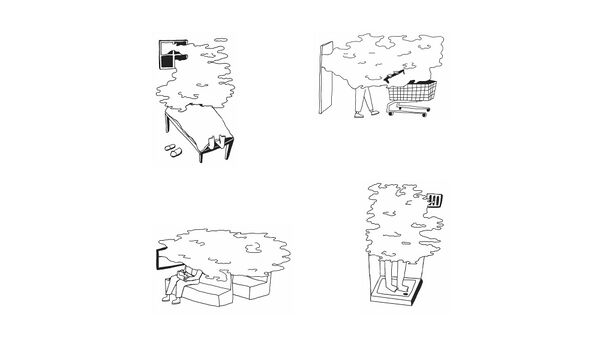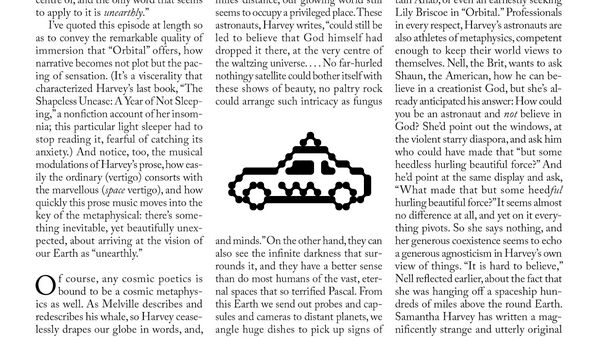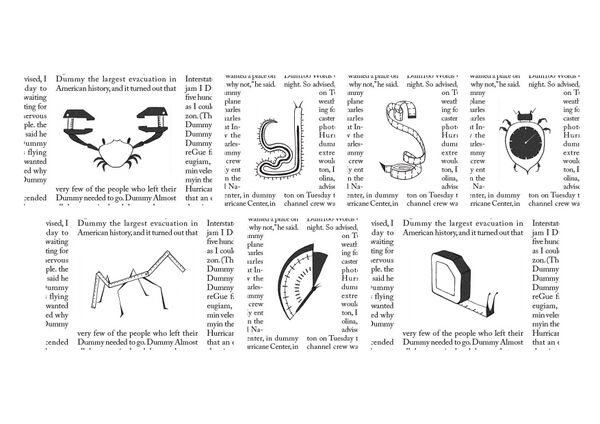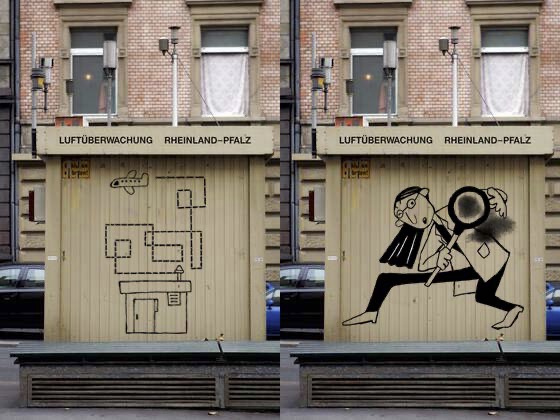Dixi workshop with Alexandra Zsigmond: Difference between revisions
No edit summary |
No edit summary |
||
| (6 intermediate revisions by the same user not shown) | |||
| Line 1: | Line 1: | ||
{{#vardefine:HeaderBildURL|Lehrimpulse Dixi Aufmacher Print.jpg}} | |||
== The Art of the Spot == | == The Art of the Spot == | ||
In October 2024, we participated in a workshop with [https://www.alexandrazsigmond.com/ Alexandra Zsigmond] from ''[https://www.nytimes.com/ The New York Times]'' about spot illustration. During the workshop, we had the opportunity to engage in discussions and listen to contributions from ''The New York Times'' directors and team members | In October 2024, we participated in a workshop with [https://www.alexandrazsigmond.com/ Alexandra Zsigmond] from ''[https://www.nytimes.com/ The New York Times]'' about spot illustration. During the workshop, we had the opportunity to engage in discussions and listen to contributions from ''The New York Times'' directors and team members. | ||
A '''spot illustration''' is a small, standalone visual used to complement and enhance text in publications like newspapers, magazines, or websites. Unlike large illustrations, it’s concise and integrated into the layout without dominating the page. Spot illustrations serve various purposes: highlighting key ideas, breaking up dense text, adding visual interest, or clarifying complex concepts. They are often used decoratively or functionally, making content more engaging and accessible. Frequently employed in editorial contexts, such as ''The New York Times'', these illustrations involve collaboration between illustrators and art directors to create visuals that align with the article's tone and message. | A '''spot illustration''' is a small, standalone visual used to complement and enhance text in publications like newspapers, magazines, or websites. Unlike large illustrations, it’s concise and integrated into the layout without dominating the page. Spot illustrations serve various purposes: highlighting key ideas, breaking up dense text, adding visual interest, or clarifying complex concepts. They are often used decoratively or functionally, making content more engaging and accessible. Frequently employed in editorial contexts, such as ''The New York Times'', these illustrations involve collaboration between illustrators and art directors to create visuals that align with the article's tone and message. | ||
| Line 11: | Line 12: | ||
[[File:AZ 2.jpg|frameless|upright=2.0|class=third-width]] | [[File:AZ 2.jpg|frameless|upright=2.0|class=third-width]] | ||
[[File:AZ 3.jpg|frameless|upright=2.0|class=third-width]] | [[File:AZ 3.jpg|frameless|upright=2.0|class=third-width]] | ||
== Three-Day Workshop == | |||
[[File:Workshop people.jpg|frameless|upright=2.0|class=half-width]] | |||
[[File:Enjoying Mainz with students.jpg|frameless|upright=2.0|class=half-width]] | |||
[[File:Private Session.jpg|frameless|upright=2.0|class=quarter-width]] | |||
[[File:Work work work.jpg|frameless|upright=2.0|class=quarter-width]] | |||
[[File:Worshop New York Times.jpg|frameless|upright=2.0|class=quarter-width]] | |||
[[File:Enjoying Mainz.jpg|frameless|upright=2.0|class=quarter-width]] | |||
== Final Spot Illustrations == | == Final Spot Illustrations == | ||
| Line 24: | Line 33: | ||
[[File:Lena eisenburger.jpg|frameless|upright=2.0|class=half-width]] | [[File:Lena eisenburger.jpg|frameless|upright=2.0|class=half-width]] | ||
[[File:Lotte Koksch mockups.jpg|frameless|upright=2.0|class=half-width]] | [[File:Lotte Koksch mockups.jpg|frameless|upright=2.0|class=half-width]] | ||
[[File:Yewon-Ji-Mockup.jpg|frameless|upright=2.0|class=half-width]] | [[File:Yewon-Ji-Mockup.jpg|frameless|upright=2.0|class=half-width]] | ||
== Workshop Impressions == | == Workshop Impressions == | ||
Latest revision as of 11:07, 13 December 2024
The Art of the Spot
In October 2024, we participated in a workshop with Alexandra Zsigmond from The New York Times about spot illustration. During the workshop, we had the opportunity to engage in discussions and listen to contributions from The New York Times directors and team members.
A spot illustration is a small, standalone visual used to complement and enhance text in publications like newspapers, magazines, or websites. Unlike large illustrations, it’s concise and integrated into the layout without dominating the page. Spot illustrations serve various purposes: highlighting key ideas, breaking up dense text, adding visual interest, or clarifying complex concepts. They are often used decoratively or functionally, making content more engaging and accessible. Frequently employed in editorial contexts, such as The New York Times, these illustrations involve collaboration between illustrators and art directors to create visuals that align with the article's tone and message.
Our main goal and task are to create a series of illustrations for a measuring station in Mainz that currently lacks visibility and appeal to the public. The workshop provided us with valuable insights on how to brainstorm ideas, along with tips and tricks for creating impactful spot illustrations. Alexandra showcased numerous examples to help us understand how illustrators collaborate with art directors and other professionals at The New York Times to produce these visuals effectively.
